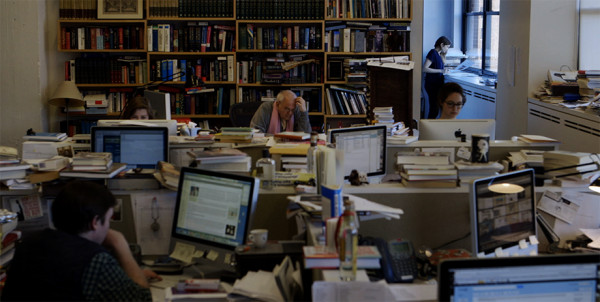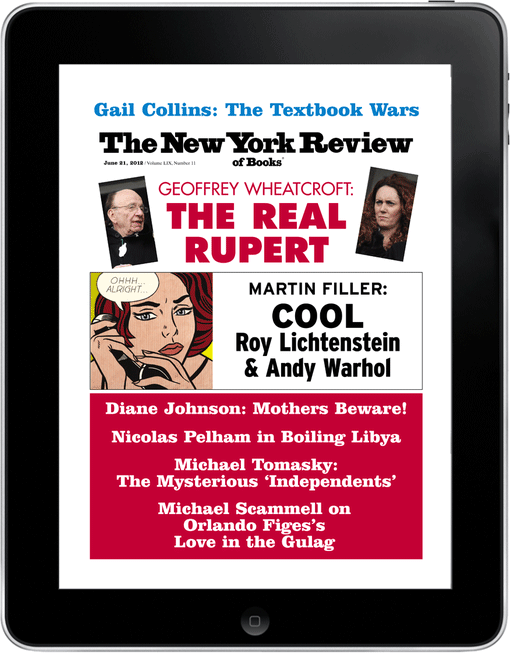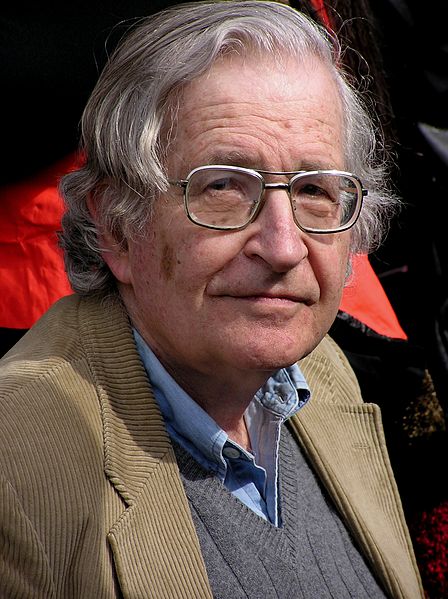It’s been around for more than 50 years, providing its devoted readership with a ceaseless stream of trenchant and challenging articles. The New York Review of Books, founded in 1963 by Robert Silvers and Barbara Epstein, is read as much for its book reviews as for its comments on current affairs, culture and science. The 50 Year Argument, a 96-minute documentary by Martin Scorsese and David Tedeschi, pays tribute to this liberal American institution.
The film, due to open at the Bloor Hot Docs Cinema in Toronto on January 23, is like the magazine — wordy, thoughtful and incisive. Silvers, its soft-spoken erudite editor, is at its center, seen at work in his cluttered office and at parties mingling with the creme de la creme of New York City’s literary society. Contributors to the magazine like Norman Mailer and Joan Didion spring to life thanks to old footage.

The directors approach the subject sympathetically. No surprise here. Scorsese, the co-director, is a long-time reader.
As is pointed out, The New York Review of Books was the product of circumstance and dissatisfaction. It was established during a lenghty printer’s strike of The New York Times and thus filled a yawning void. Times‘ readers, feeling the sudden absence of its Sunday book review, were pleased by the appearance of The New York Review of Books.
People like Silvers and Epstein, however, did not miss the Times‘ book review, claiming it had degenerated into blandness and provincialism and eager to supplant and outclass it on its own turf. It’s debatable whether they’ve succeeded, but few would dispute the fact that The New York Review of Books has evolved into a first-class periodical.

“We shared a quest for great, brilliant writing,” says Silvers, a patrician New Yorker who cut his teeth as an editor at the Paris Review and Harper’s. “We were seeking to examine the workings and truthfulness of the political and cultural establishments.”
In this gutsy spirit, The New York Review of Books covered the books and issues of the day with intelligence, sobriety and gusto. “We could do what we wanted,” says Silvers, who readily acknowledges that he and Epstein, a former editor at a major publishing house, were fortunate to have convinced some of the best minds to write for their fledgling magazine.
These contributors have their say in the film.

Mary McCarthy and Noam Chomsky discuss the war in Vietnam, a “central concern” to Silvers and Epstein. Susan Sontag talks about her expose of Leni Riefenstahl, the Nazi-era German filmmaker who tried to rehabilitate herself in the 1970s. Norman Mailer spars with feminists and with Gore Vidal.
Michael Chabon reminisces about his first article in The New York Review of Books. Timothy Garton Ash delivers observations on the revolutions in eastern Europe in the late 1980s. Yasmine El Rashidi talks about her coverage of the Arab Spring revolution in Egypt. Joan Didion recalls the story she wrote about a particularly gruesome crime in New York City’s Central Park.
Although The 50 Year Argument is by no means revelatory, lacking in personality profiles of the principals and sometimes even being dry, it’s an intellectually stimulating movie that succeeds in placing The New York Review of Books in its proper historical context.